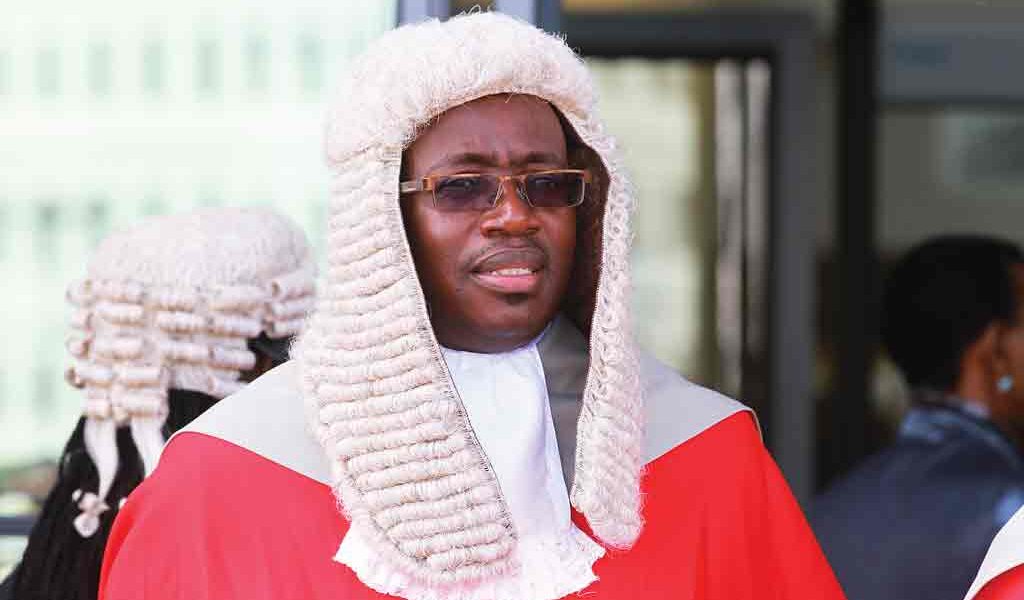- Eminent jurist underlines need for caution and inclusivity in constitutional review
- Says each country ultimately takes path dictated by its peculiar circumstances
TEFO PHEAGE
Delays in starting Botswana’s constitutional review process promised by President Mokgweetsi Masisi could be due to general mistrust “between the incumbents who hold the levers of power and their political adversaries and civil society and other formations”, Professor Justice Key Dingake has said.
“Whenever a discussion on the issue of citizens’ participation is engaged, it is important to remember that the making of a constitution is an intensely political matter that involves power dynamics in society,” Dingake told a conference on citizen participation in a constitutional review last week.
“Quite often there is contestation between the incumbents who hold the levers of power and their political adversaries and civil society and other formations who may have their own views on the process and the content of the constitution making,”
According to the eminent jurist, it is important to appreciate that constitutions are primarily about political authority and power within a state; where it is located, and how it is conferred, distributed, exercised and limited among the separate organs of the state in relation to its subjects.
“There has been considerable distrust of the direct engagement of the people (and doubts about their ability to understand complex issues of the purposes, forms and structure of state power),” Dingake noted. “(This) perspective is changing with the growing recognition that the people hold sovereign power; and that consequentially, if sovereignty is indeed vested in and flows from the people, it is natural that they should determine how it should be delegated and exercised.”
While there are more pragmatic reasons for popular participation, he added, the emphasis on popular sovereignty is a response to the claim to and abuse of sovereign power by numerous governments in recent decades. But in the final analysis, Dingake said, each country takes a path dictated by its peculiar circumstances, power dynamics and undercurrents in its body politic.
“Each country takes a path that best suits its circumstances,” he emphasized. “Occasionally, the dominant political elite imposes a path that best serves its interests.”
As calls for the constitutional review increased, the Office of the President recently expressed fears of disunity and said the process would begin at an appropriate time. At the conference, Dingake also underlined the need for caution and inclusivity. “The process of constitution making should be designed and carried out in a way that strengthens national unity and a sense of national identity,” he said.
“It will not achieve this unless it is an inclusive process in which all feel involved, not just those who have been engaged in party politics. This means that all aspects of national diversity should be acknowledged and reflected in the process, including religious and linguistic diversity.”

